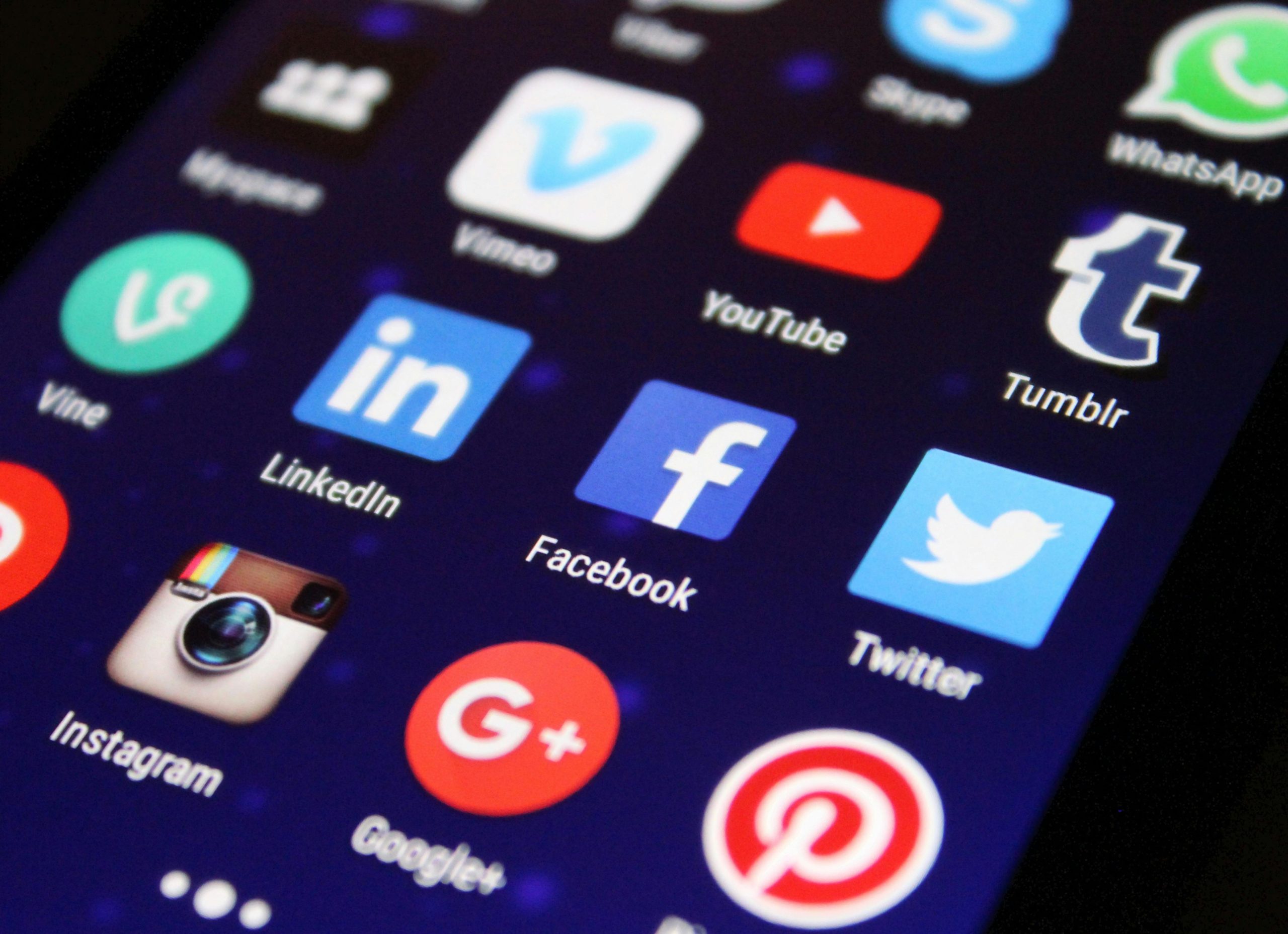In today’s music industry, artists face the challenge of finding more revenue streams to sustain their careers when the album sells aren’t up to par. One increasingly popular and effective method is through merchandise. Beyond the traditional sales of music and concert tickets, merchandise offers artists a way to connect with their fans while boosting their income. Here’s how you can effectively use merchandise to supplement your music income.
Understanding Your Audience
Before diving into purchasing merchandise, it’s crucial to understand your audience. Knowing their preferences, tastes, and spending habits, can impact your merchandise strategy. For example, if your target audience is young people, coffee mugs may not be a big hit. But cell phone cases may sell like hot cakes. Consider interacting with fans on social media, and observe what kind of products your fans are purchasing from other artists.

Choosing the Right Merchandise
The key to successful merchandise sales is offering products that your audience wants. Here are some popular merchandise options:
- Apparel: T-shirts, hoodies, and hats are favorites.
- Accessories: Items like tote bags, phone cases, and keychains can be both affordable and popular.
- Music-Related Items: Vinyl records, CDs, and posters.
- Unique Items: Think outside the box with custom items like branded water bottles, notebooks, pillows, or even limited-edition collectibles.

Design Matters
Investing in high-quality, eye-catching designs can make a big difference in merchandise sales. Hire a talented graphic artist to create visually appealing products. Remember, your merchandise represents your brand, so maintaining a consistent attractive product line is crucial.
Quality Over Quantity
While it might be tempting to produce a wide variety of merchandise, focusing on quality is more important. Fans are more likely to purchase and appreciate high-quality items that they can use and wear repeatedly. High-quality merchandise also reflects positively on your brand.
Limited Editions and Exclusivity
Creating limited edition merchandise can drive demand and create a sense of urgency among fans. Limited runs of exclusive items can make your merchandise more desirable, leading to quicker sales and increased fan engagement.
Online Store and E-commerce Platforms
Setting up an online store is essential for reaching a broader audience. Ensure your store is easy to navigate, visually appealing, and offers a seamless shopping experience.
Merchandise at Concerts and Events
Live shows provide a prime opportunity for selling merchandise. Fans are more likely to purchase items as mementos from the experience. Set up an attractive merch booth, and consider offering exclusive items only available at live shows to incentivize purchases.

Bundling Merchandise with Music
Offering merchandise bundles can be an effective way to boost sales. For example, bundle a t-shirt with a vinyl record or a hoodie with a digital album download. Bundles provide added value and can encourage fans to spend more.
Marketing and Promotion
Promote your merchandise through various channels:
- Social Media: Use platforms like Instagram, Twitter, and Facebook to showcase your products.
- Email Newsletters: Keep your fans informed about new releases and exclusive offers.
- Collaborations: Partner with other artists or brands to create unique, co-branded merchandise.
Engage with Your Fans
Engaging with your fans and involving them in the merchandise process can create a deeper connection. Consider running polls to let fans vote on new designs or hosting live Q&A sessions to discuss upcoming merchandise.

Track Sales and Gather Feedback
Monitoring your sales and gathering feedback from fans can provide valuable insights. Use this data to refine your merchandise strategy, identify popular products, and discontinue items that aren’t performing well.
Merchandise is a powerful tool for musicians looking to supplement their income and deepen their connection with fans. By understanding your audience, offering high-quality and appealing products, and leveraging both online and live sales channels, you can create a successful merchandise strategy that enhances your brand and provides a steady stream of revenue. Remember, the key to success lies in creativity, consistency, and engagement with your fanbase.